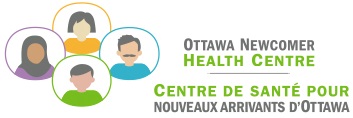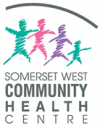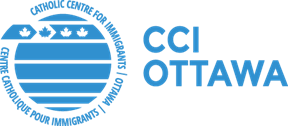Apply for health insurance
Ontario Health Insurance Plan (OHIP)
All privately sponsored refugees and government-assisted refugees have permanent residency once they arrive. That means they are eligible to apply for provincial health insurance right away.
Having health insurance allows refugees to get a wide range of health services paid for by the Ontario Health Insurance Plan (OHIP). That means refugees don’t have to pay for those services out of their own pockets.
Applying for OHIP
Enrolment in the OHIP is not automatic. Every refugee must apply for it. A settlement worker or sponsor usually helps with this application.
Get a copy of the application form.
To apply for OHIP, you must go in-person to a ServiceOntario centre. Be sure to bring the following documents with you:
- The completed OHIP application form
- Confirmation of Permanent Residence (IMM5292, IMM5688)
- A mortgage, rent or lease agreement in the refugee’s name
See a list of other accepted documents.
As a refugee, you may not be covered under OHIP right away. If you do receive OHIP coverage immediately, you will be given a temporary certificate that can be used until you receive your photo health card in the mail.
The photo health card has an expiry date that is linked to your date of birth. It must be renewed before the expiry date for you to maintain your insurance coverage.
You can find a ServiceOntario location near you for easy accessibility.
Interim Federal Health Program
As a refugee, you might not be covered under OHIP right away. If there is a waiting period, all refugees will be covered under the Interim Federal Health Program (IFHP) for up to a year once they arrive in Canada.
IFHP certificates are given to all refugees at the airport as soon as they arrive in Canada.
IFHP pays for the services that are normally covered by a provincial health card. All refugees get:
- Basic coverage up to a maximum dollar amount and only until refugees qualify for OHIP:
- Inpatient and outpatient hospital services
- The services of medical doctors, registered nurses, and other healthcare professionals licensed to practice in Canada
- Care for pregnant women before, during, and after birth
- Laboratory, diagnostic, and ambulance services.
- Supplemental coverage up to a maximum dollar amount:
- Limited dental care for healthy teeth and gums.
- Limited eye care.
- In-home health and personal care services for the elderly and people recovering from disability, illness, or injury.
- Long-term care for the elderly and people who need round-the-clock nursing care.
- Services provided by clinical psychologists to maintain a healthy mind.
- Services provided by occupational therapists, speech-language therapists, and physiotherapists to recover from disability, illness, surgery, or injury.
- Equipment such as braces, splints, artificial limbs, hearing aids, oxygen tanks; diabetes supplies such as glucose monitors, glucose test strips, insulin syringes, insulin pens, lancets.
- Mobility aids such as wheelchairs, walkers, scooters, canes, crutches
- Incontinence supplies, such as diapers, pads, and undergarments, help adults with bladder-control issues.
- Prescription-drug coverage: Medicine and other products covered by provincial drug plans. See the complete list of medicine covered under IFHP.
How to get treatment under IFHP
- Find a healthcare provider who is registered with Medavie Blue Cross. The company works on behalf of the federal government to reimburse healthcare workers and hospitals for the services they provide to refugees. If your provider has not signed up with Medavie Blue Cross, they can easily do so here.
- Show your IFHP certificate to your healthcare provider every time you seek treatment. After you receive treatment, your provider might give you a claim form. Sign this form as proof that you received the service or product from your provider.
- After you receive the service or product, you might receive a letter from Medavie Blue Cross asking you to confirm that you received health services or products on a given date. This is not a bill asking you for payment. Respond to the question, sign the letter and return it to Medavie Blue Cross. This form helps prevent fraud. Signing this letter will not affect your eligibility for IFHP coverage or your immigration status.
Learn more
Ontario’s Ministry of Citizenship, Immigration and International Trade has an overview of health services, including health insurance, medical care, emergency care and prescription drugs. The information is translated into 27 languages, including Arabic, French, Farsi, Somali, Spanish, Urdu.





